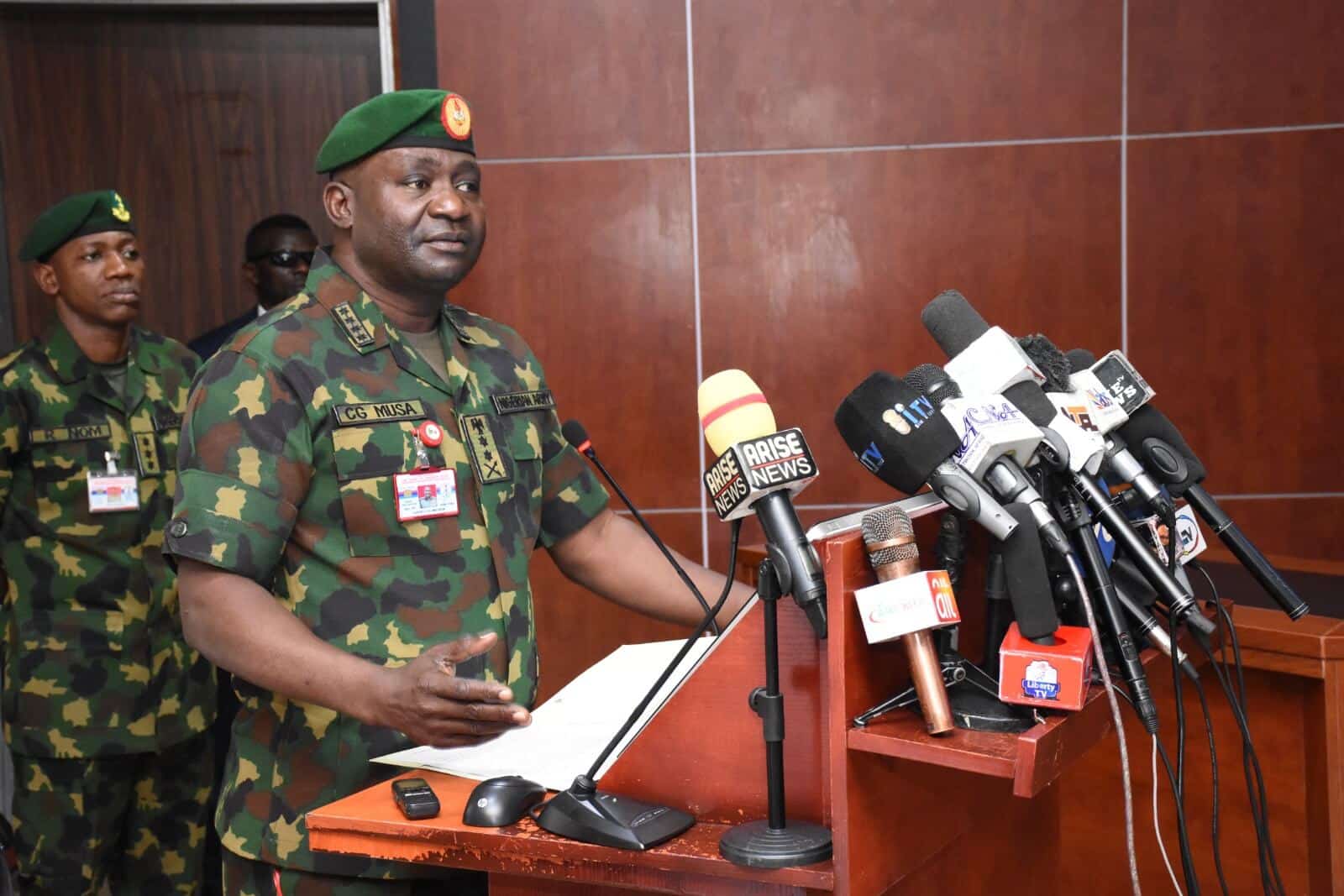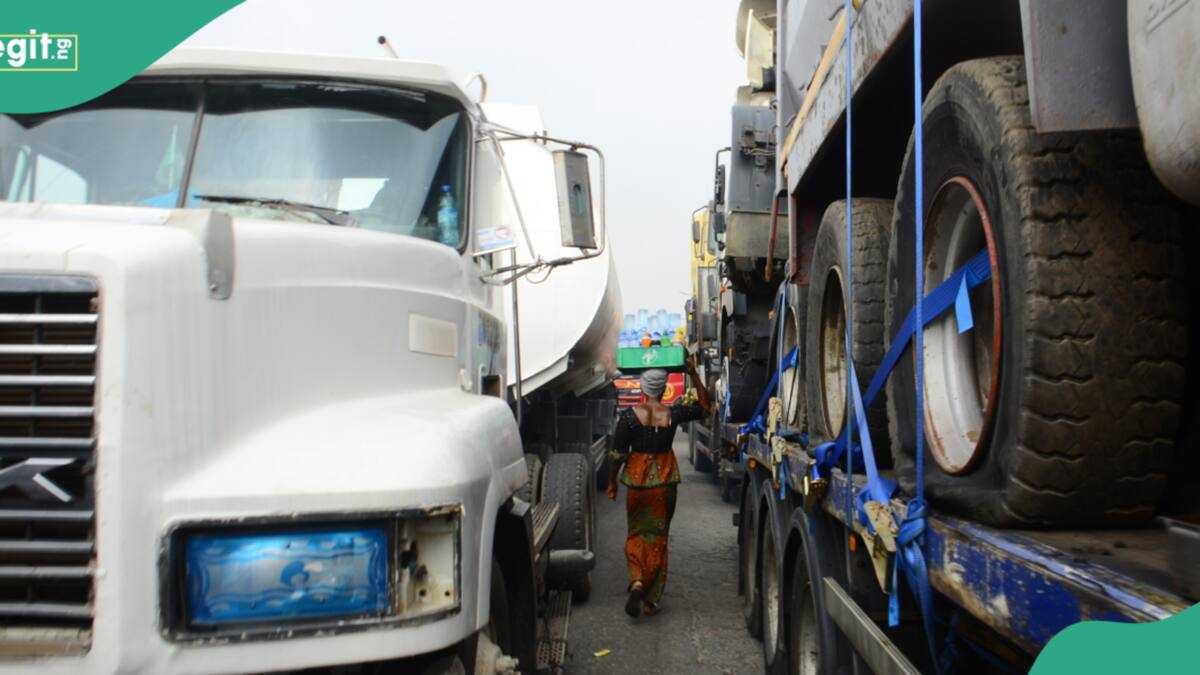Troops of Operation FANSAN YAMMA have successfully destroyed 22 Lakurawa camps and eliminated several sect members in Sokoto State, as revealed by Brigadier General Ibikunle Ajose, the Acting General Officer Commanding (GOC) of the 8 Division and Commander of Sector 2, Operation FANSAN YAMMA.
The operation, which also resulted in the recovery of weapons and ammunition, was part of a broader military strategy to restore peace and stability in Sokoto and Kebbi states.
Addressing the Special Brigade tasked with eliminating the Lakurawa threat, General Ajose emphasized the importance of the mission, which had been sanctioned by the Chief of Defence Staff.
“Prior to the deployment of the Brigade, troops of 8 Division under the auspices of Operation FANSAN YAMMA had begun precursor and shaping operations into the forests and enclaves of Rumji Dutse East of Sarma, Tsauna and Bauni, Malgatawa, Gargao, Tsauna and Magara forest, Kaideji, Nakuru, Sama, Sanyinna, Kadidda, Kolo and Dancha Villages in Illela, Tangaza and Binji Local Government Areas.
“The operation has led to the destruction of about 22 camps, neutralization of several members of the sects, recovery of 4 x rifles and 409 x PKT 7.62mm NATO and 94 x 7.62mm special rounds ammunition,” Ajose stated.
General Ajose highlighted that the deployment of the Special Brigade would provide a significant boost to the military’s efforts to dislodge bandits and Lakurawa militants from their strongholds.
“The deployment is to consolidate successes achieved in the ongoing precursor operation under operation FOREST SANITY III (CHASE LAKURAWAS OUT),” he stated.
He urged troops to ensure the total elimination of Lakurawa elements while upholding the rules of engagement and safeguarding the lives and property of law-abiding citizens.
“The soldiers selected for this mission have undergone rigorous training, and Nigerians are relying on your professionalism and resolve to eliminate the Lakurawa threat and rid our communities of bandits,” Ajose added.
The military’s renewed offensive is seen as a crucial step in the ongoing effort to restore normalcy to Sokoto, Kebbi, and other affected communities in Nigeria’s North West region.

 2 hours ago
1
2 hours ago
1















 English (US) ·
English (US) ·